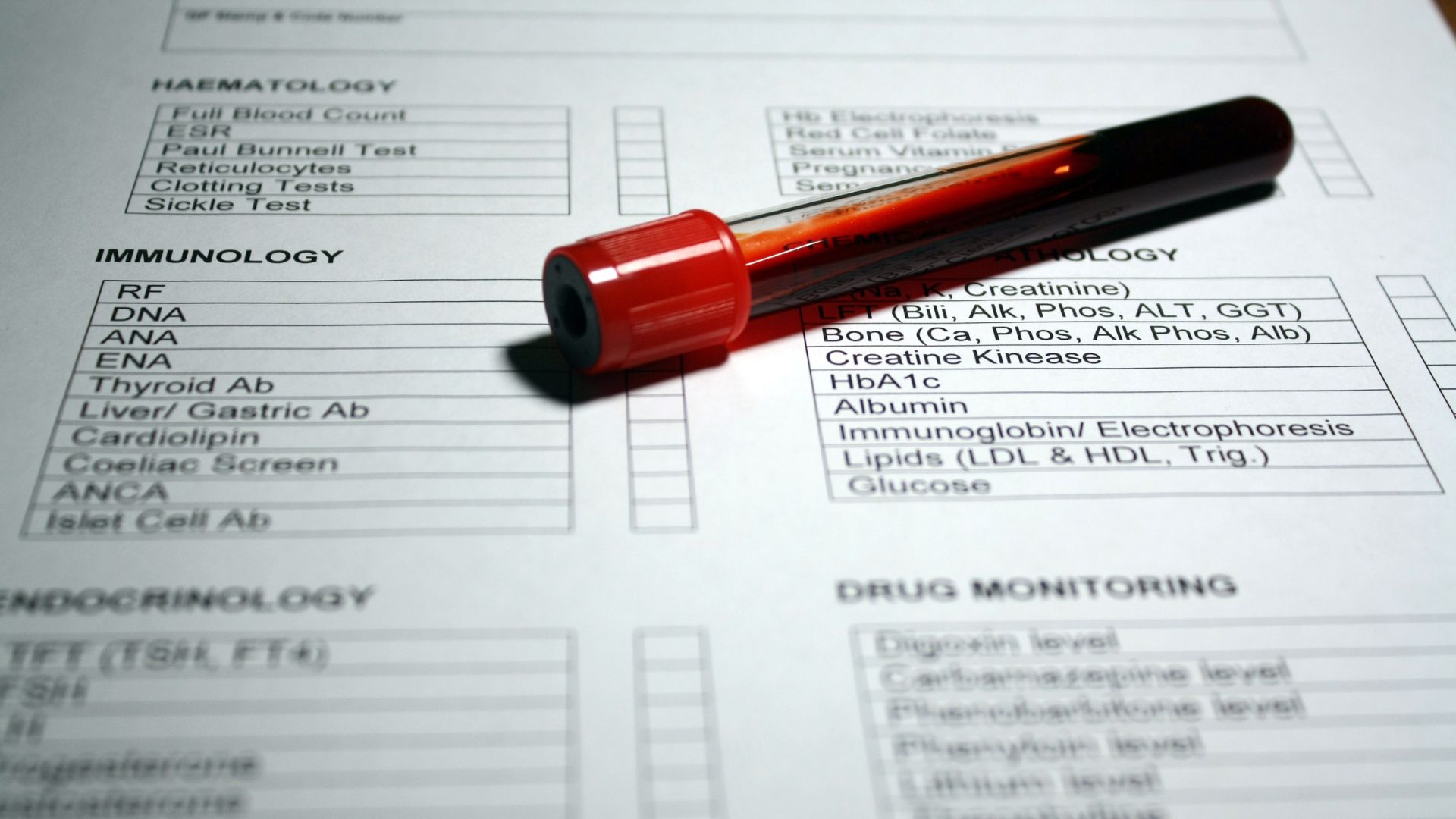Have you ever heard of glutamate? It is an amino acid that is vital for brain function, but too much of it can be detrimental to our health. Excess glutamate can cause excitability of the brain, leading to ADHD, seizures, Alzheimer’s, and other neurological conditions. In this blog post, we will dive into what causes excess glutamate, how it affects our health, and what we can do to reduce its levels.
What Foods Increase Glutamate?
Glutamate is present in many foods, especially in those that are high in protein. The following foods are known to be rich in glutamate:
- Soy sauce
- Parmesan cheese
- Roquefort cheese
- Miso soup
- Mushrooms
- Broths
- Gravies
- Processed meats
What Metabolic Pathways Make Glutamate and Why Glutamine May Not Be the Best Nutrient to Use If Someone Has Excess Glutamate?
Glutamate is made in our body through metabolic pathways. These pathways include the breakdown of proteins, the synthesis of glutamine, and the conversion of glutamate to GABA. While glutamine is a precursor to glutamate, it may not be the best nutrient to use if someone has excess glutamate. This is because the conversion of glutamine to glutamate can be overactive, leading to an increase in glutamate levels.
Signs and Symptoms of Excess Glutamate
Excess glutamate can manifest in different ways, depending on the individual. Some of the common signs and symptoms of excess glutamate include:
- Anxiety
- Insomnia
- Restlessness
- Hyperactivity
- Seizures
- Migraines
- Memory problems
- Difficulty concentrating
Nutrients That Cause a Deficiency of GABA
GABA is a neurotransmitter that counteracts the effects of glutamate, providing a calming effect on the brain. Certain nutrients can cause a deficiency of GABA, including:
- Vitamin B6
- Magnesium
- Taurine
- Theanine
Nutrients That Cause an Excess of Glutamate
Certain nutrients can cause an excess of glutamate in the body, including:
- Monosodium glutamate (MSG)
- Aspartame
- High levels of protein in the diet
How to Reduce Glutamate and Increase GABA to Get the Calming Effect for Your Patients
Reducing glutamate levels and increasing GABA can be achieved through dietary changes and nutritional supplements. Here are some strategies that can be useful:
- Limit intake of glutamate-rich foods
- Increase intake of GABA-enhancing nutrients, such as vitamin B6, magnesium, taurine, and theanine
- Use supplements that support GABA function, such as GABA itself or L-theanine
- Avoid foods and environmental factors that increase glutamate levels, such as MSG, aspartame, and stress
Know What Environmental Factors Will Increase Glutamate Levels, Irrespective of Genetic SNP’s
Environmental factors can also increase glutamate levels, irrespective of genetic SNPs.
These factors include:
- Chronic stress
- Traumatic brain injury
- Neuroinflammation
- Toxins
- Infections
Conclusion
Excess glutamate can have a significant impact on our health, leading to neurological conditions such as ADHD, seizures, and Alzheimer’s disease. By being mindful of our diet and nutritional status, we can reduce glutamate levels and increase GABA function, providing a calming effect on our brain. Understanding the environmental factors that increase glutamate levels can also be helpful in managing this condition.








